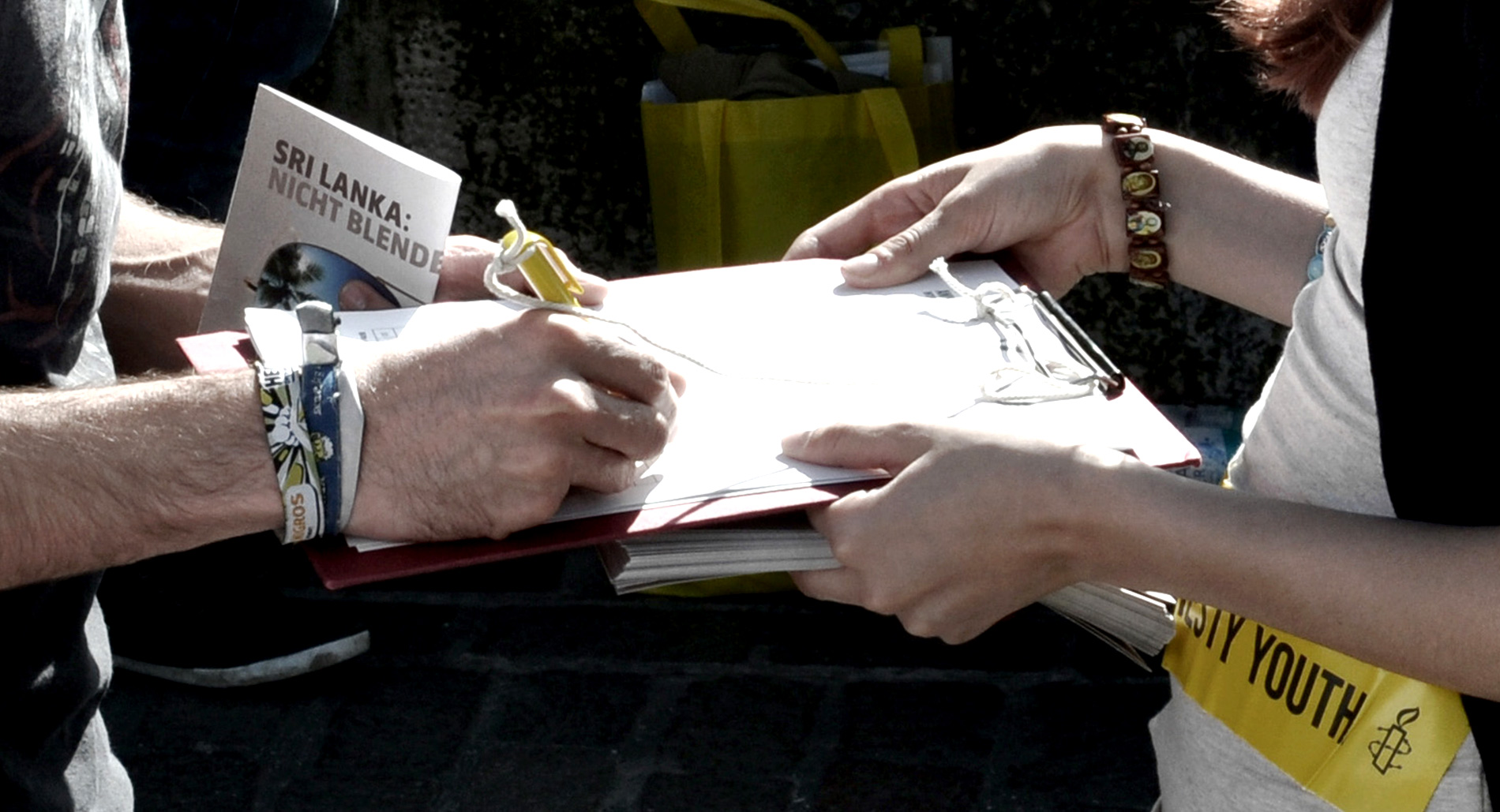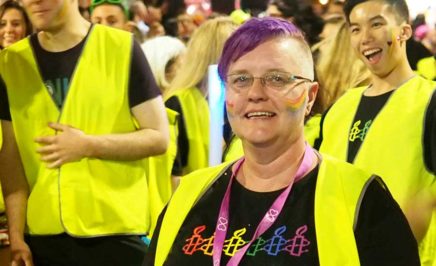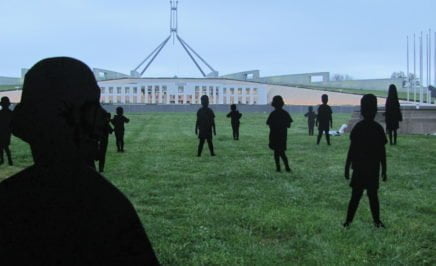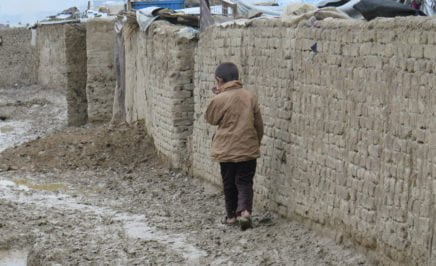Hi. My name is Peter. I manage fundraising here at Amnesty International Australia.
Along with some other charities, Amnesty has been criticised recently for our work with particular fundraising agencies. These agencies have been accused (in one case, rightly) of exploiting their workers.
Let me be clear that this is absolutely not okay.
My colleagues and I take workers rights personally. Workers rights are human rights, so this goes to the heart of what Amnesty is about.
The illegal and unethical practices of one agency were made known to us in 2014. We terminated our contract with that agency within three working days.
At that point, we reviewed all our contracts and strengthened the obligations of our partner agencies. We made it clear that our organisation’s values would be seriously undermined by poor employment practices.
Face-to-face fundraisers have a challenging and important job. As workers, they deserve to be protected. That’s why we’ve been talking to unions, fundraising agencies, other charities, government agencies, the PFRA, and workers themselves about ways to improve the third-party fundraising sector.
As part of this, we’ve already made an application to the Fair Work Commission to get face-to-face fundraisers protected by an industrial award. This will set the benchmark for pay and conditions for all fundraisers working on our behalf in public.
While we progress that work, we’ve actively welcomed guidelines released by the Australian Charities and Not for Profits Commission on ensuring due diligence over all our supply chains. As the guidelines recommend, we’ve been speaking regularly to agencies to make sure they understand our commitment to lawful, ethical employment practices. We require that agencies work with their own advisers to provide us with the necessary assurances that their business models are legal and meet best practice guidelines.
If possible, rather than abandon the third-party fundraising sector (leaving people out of work and charities like ours short life-saving funds), we want to help ensure it’s ethical and sustainable.
Face-to-face fundraising has helped Amnesty build a long-term income base through regular giving. Because of these small, monthly donations, we’ve been able to expand our research and campaigning work on Indigenous rights issues here in Australia, and continue to be a strong voice protecting refugees. In 2016 alone, we, freed more than 650 people from abuse and imprisonment.
Ultimately, we’ll do whatever it takes to ensure a better, fairer deal for the people who fundraise to make our life-saving campaigns possible. Face-to-face fundraisers are passionate about Amnesty’s work. Their pay and conditions need to reflect this.
I very much welcome feedback on this issue. If you have specific questions/concerns, please call our Supporter Relations Team (1300 300 920) or email me direct at peter.thomas@amnesty.org.au
I especially encourage you to get in touch with concerns if you’re a current or former face-to-face fundraiser who has worked on our behalf. As always, your input would be very welcome.
Finally, I offer my personal reassurance to donors and supporters that, on this issue as with everything, we at Amnesty hold ourselves to the highest standards.
For human rights,

Peter Thomas
Chief Operating Officer
Amnesty International Australia








